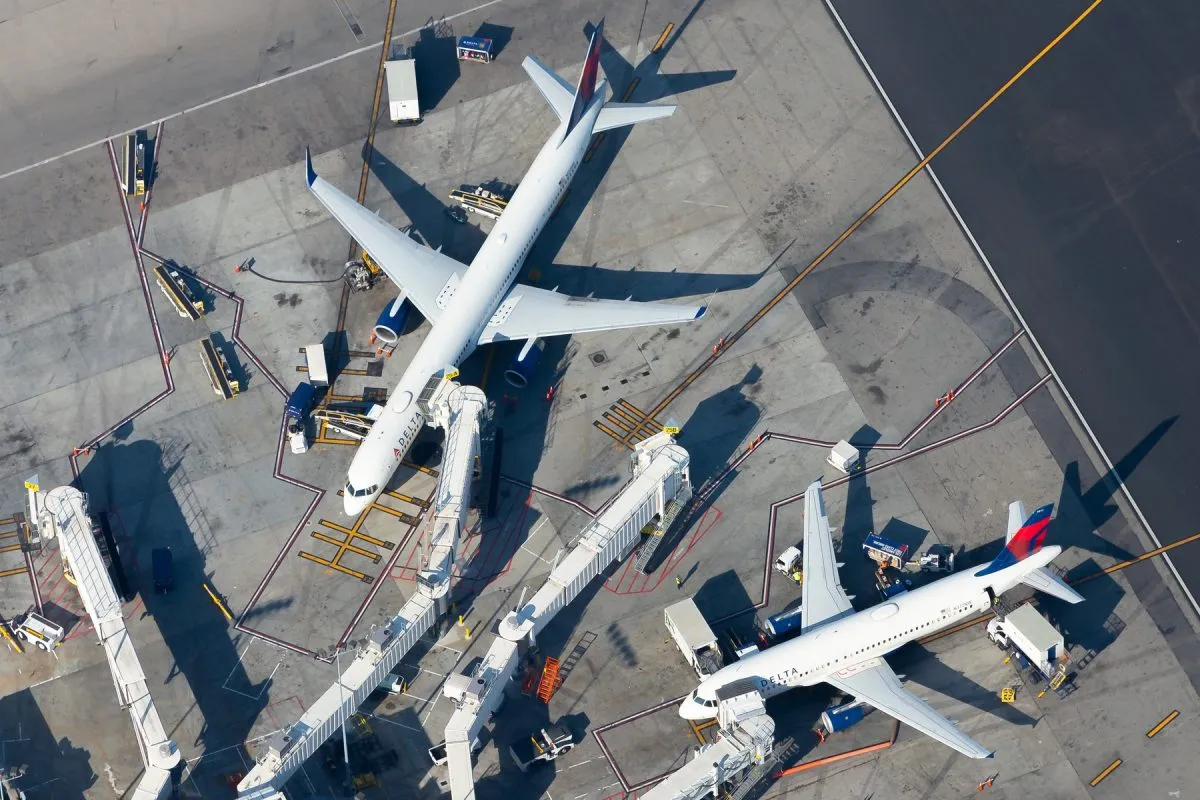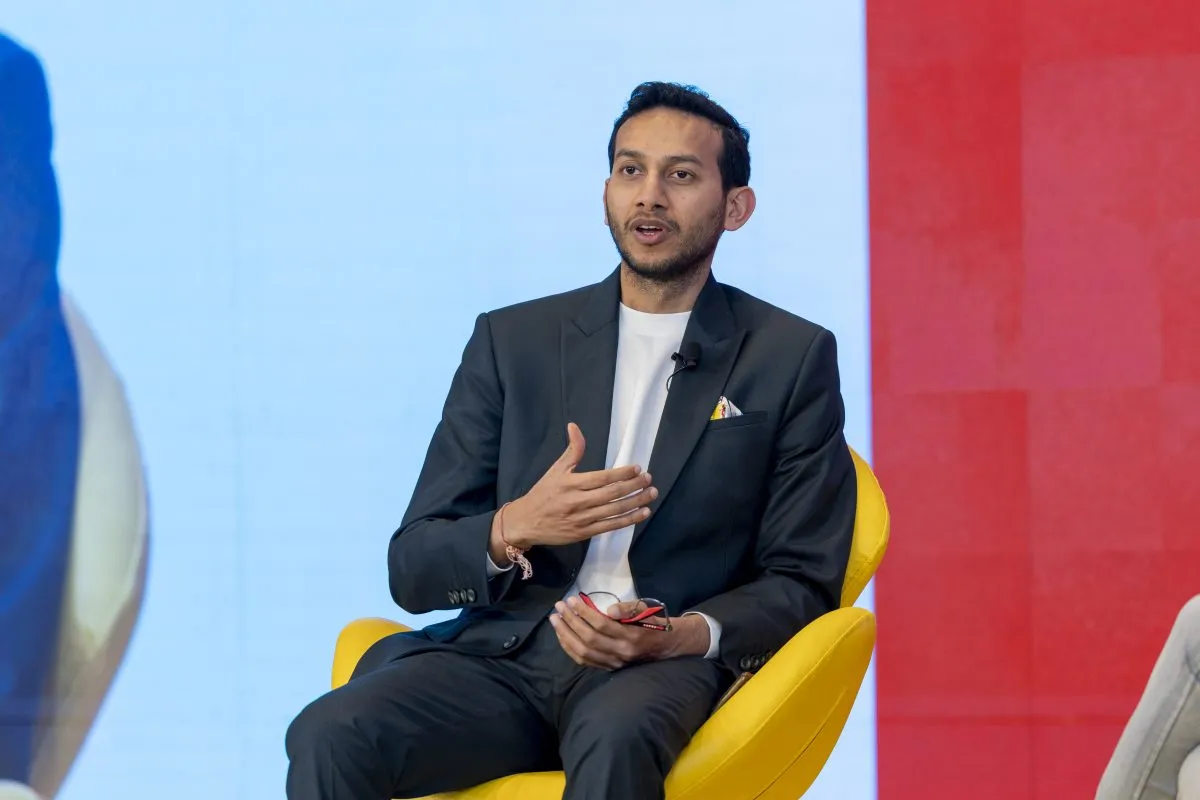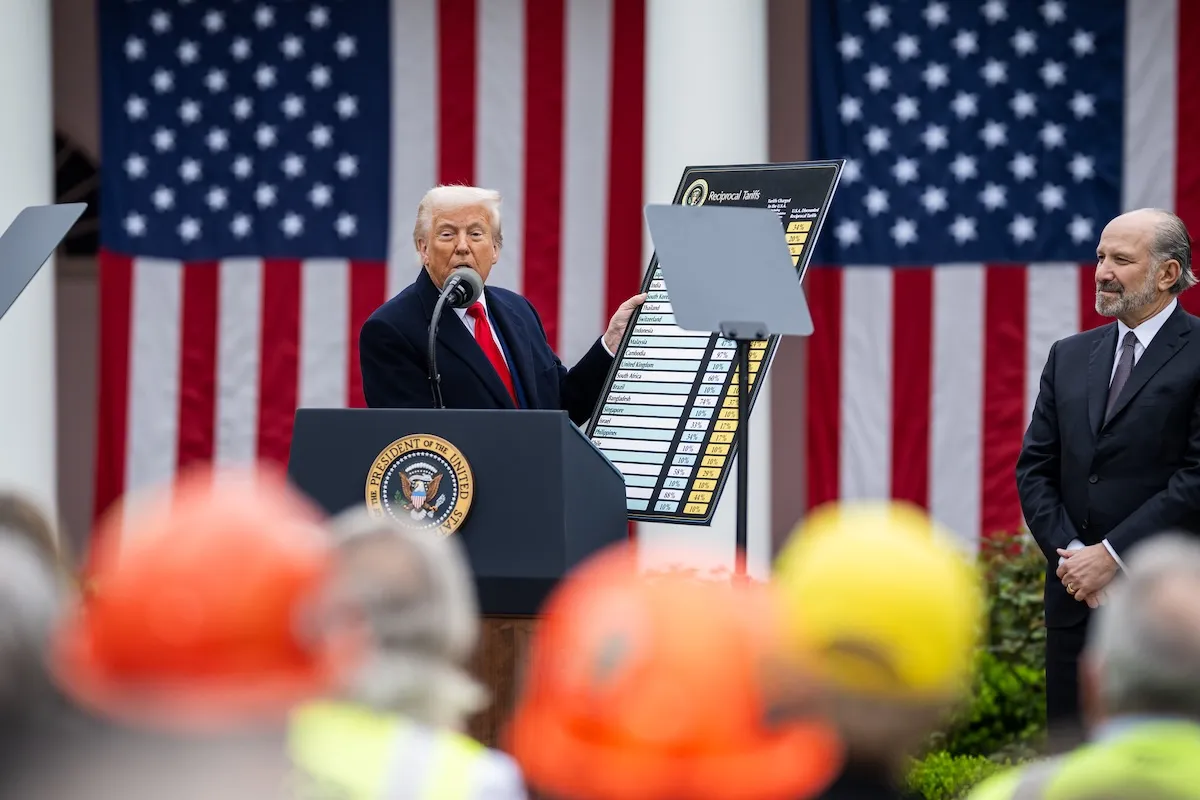Travel Businesses Must Focus on Simplifying Sustainable Choices

Skift Take
Climate change directly impacts travel businesses: They have to handle emergency incidents on the ground caused by fires or floods and cater to customers looking for more sustainable choices.
Google, Intrepid Travel, and Kerten Hospitality spoke Thursday at Skift's Global Forum East about how they're managing the impact of climate change and the need to lower travel's impact on the planet.
David Robles, Google's global head of travel partnerships EMEA, believes making sustainable choices should not be an added hurdle to the already complex trip planning process.
Robles said Google introduced its Travel Impact Model to estimate CO2 emissions per flight per passenger and is freely available for businesses to use. Robles said the goal is to standardize emissions data across platforms.
"The Travel Impact Model is designed to be constantly evolving. And we're very happy that other partners in the industry like Booking.com, Expedia.com, Skyscanner, and GDSs are using it," said Robles. "The reason we made it available and open is because we feel that consistency in sustainability is very important. It's important that users see the same numbers across different platforms [making it] much easier to understand."
Misconception of Costs
Travel businesses must address the misconception that sustainable travel needs to be expensive, according to Zina Bencheikh, Managing Director of EMEA, Intrepid Travel.
"I think there is a misconception that sustainability and travel need to cost money, and we're kind of a very good value for money product, and the main reason why people book an Intrepid Tour is it's because of that, because of the destination, the experiences that they want to try," said Bencheikh.
"We are carbon neutral for a long time, before it was a thing, before it was a buzzword because we became conscious of our carbon footprint very early on," said Bencheikh, who detailed that the operator has pioneered ways to include the cost of these carbon offsets into its price to help its customers make better choices.
The discussion also unpacked luxury as a concept and whether it was reasonable to expect luxury to adhere to sustainable practices.
Christian Muhr, Chief Operating Officer of Kerten Hospitality, sees the approach to luxury in hospitality as a chance for travel businesses to stand out by appealing to consumers' desire for tranquil spaces and connection to local communities.
"Luxury doesn't have to be defined by diamonds and gold and silver," said Muhr. "It can be defined by tranquility; it can be defined by what you do within the community and how you engage them. There's a different way of looking at luxury today than maybe 10 years ago."
Redefining luxury in this way could be a simple shift in food and beverage experiences through "farm-to-table practices, suggested Muhr.
"One of the success stories for all of us will be within the community. To engage with them, to stop shipping food, for example, in our industry from A to Z, and do more farm-to-table. It gives the customer the more local experience, which can be luxury at the end of the day," added Muhr.
"So it's all about being more conscious of what you're doing. In hospitality, food and beverage will be a big deal [and] make a big impact. And you know, it's nothing nicer than having a local experience, which you've never had in your life before."
Skift’s in-depth reporting on climate issues is made possible through the financial support of Intrepid Travel. This backing allows Skift to bring you high-quality journalism on one of the most important topics facing our planet today. Intrepid is not involved in any decisions made by Skift’s editorial team.




